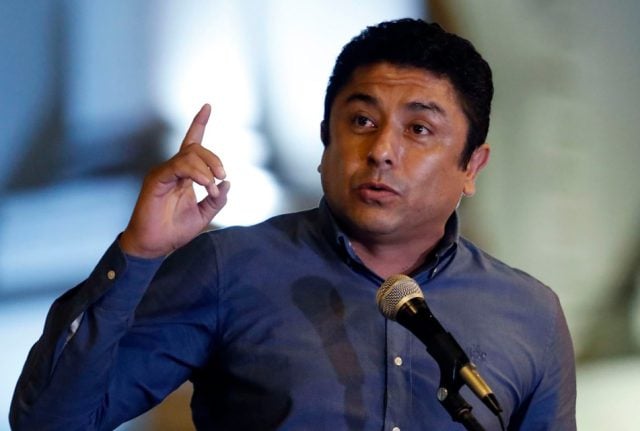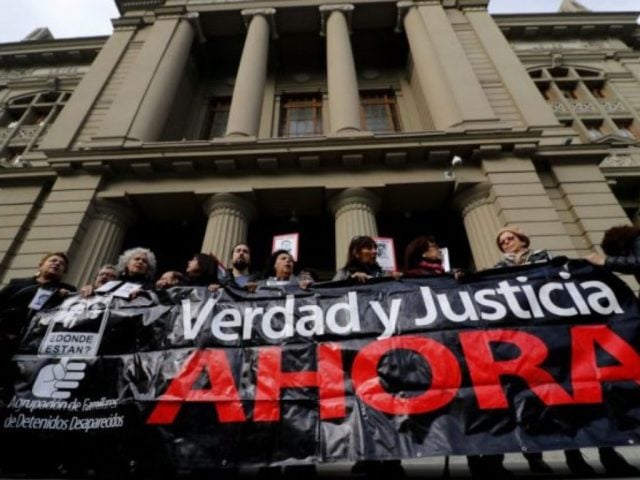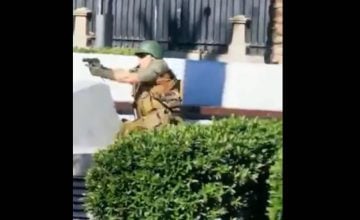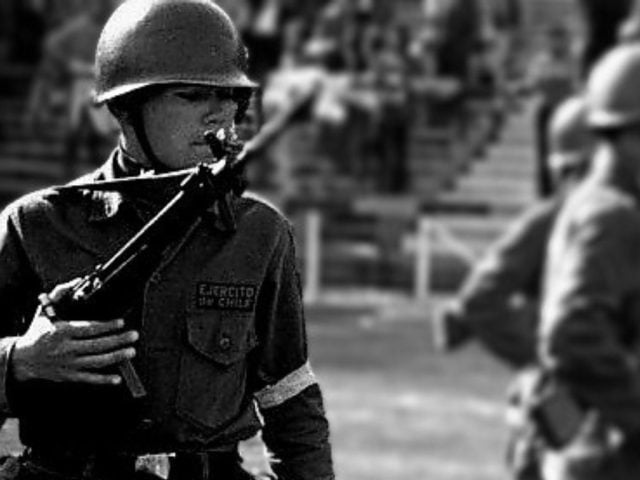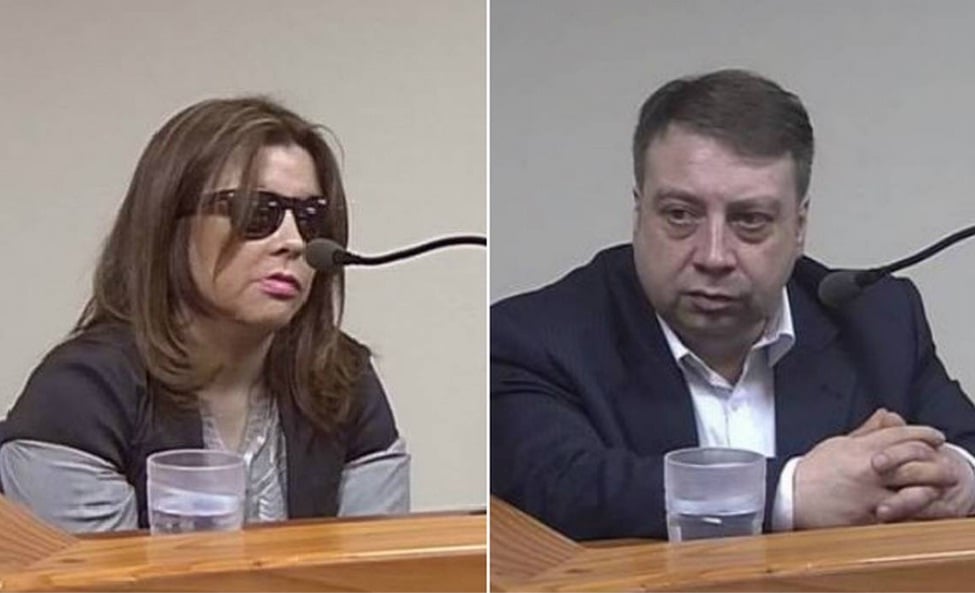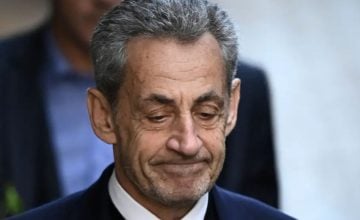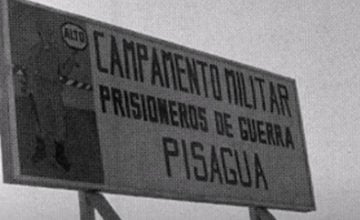Original article: Escandalosa condena judicial a candidato de la izquierda: El «terruqueo» como lawfare peruano
By Ricardo Jiménez A.
On October 24, 2025, the Third National Superior Criminal Court of the Transitional Judiciary sentenced Guillermo Bermejo Rojas – a congressman and leftist presidential candidate for the upcoming April elections – to 15 years in prison for alleged affiliation with the terrorist organization, Sendero Luminoso. Additionally, the ruling imposes a two-year suspension of public office rights and political privileges.
Despite being a first-instance ruling, immediate incarceration was ordered at Ancón I penitentiary, located an hour’s drive from Lima.
This sentence is shockingly surreal. The exact same accusation had been dismissed, with Bermejo being acquitted due to insufficient evidence in two previous trials. Now, a judge known for his Fujimorista affiliations (from the corrupt right in Peru) was brought in from another jurisdiction and condemned Bermejo without any new substantial elements that contradicted prior evaluations.
The charges stem from intelligence reports based on surveillance of Bermejo between 2008 and 2019, conducted without judicial warrants. These reports provided no material evidence of crimes, relying instead on the opinions of “analysts” and questionable “testimonies” from “cooperating witnesses,” confessed criminals who receive incentives or face coercion to testify in other cases.
The ruling is solely dependent on past statements from these cooperating witnesses, recorded years ago concerning alleged terrorist contacts of Bermejo in the VRAEM region (an area known for its jungle, drug trafficking, and remnants of terrorism), without any independent corroboration to clarify numerous contradictions or elevate such claims to the standard of criminal certainty. Previously rejected twice in earlier proceedings, these claims are now given decisive weight without additional conclusive expert evaluations or material evidence.
Numerous personalities, organizations, and unions have condemned the verdict and demand Bermejo’s freedom. Notably, retired General Wilson Barrantes – a former member of the National Police of Peru’s intelligence unit – asserted that the case against Guillermo Bermejo represents “political persecution,” as the accusations rely on testimony from cooperating witnesses rather than conclusive material evidence. He cautioned that years of investigations have not produced direct evidence and that the weight assigned to these testimonies sets a dangerous precedent for due process.
Indeed, Bermejo’s conviction establishes a troubling precedent regarding political persecution and procedural guarantees in a nation grappling with institutional weakness, corruption, and the criminalization and repression of opposition voices.
In Peru, “terrorist labeling” has entrenched itself as a practice of lawfare – the political use of the judicial and media apparatus to neutralize adversaries – by leveraging terrorism accusations as tools for delegitimization and symbolic persecution. This mechanism does not aim to prove crimes but rather to destroy reputations, marginalize dissenting voices, and justify repressive or judicial actions under the guise of “national security.”
Diverse analysts have noted that “terrorist labeling” combines stigmatizing media narratives, selective judicial proceedings, and institutional pressures that undermine fundamental rights while shifting political debates into the criminal realm, creating a contemporary form of criminalization against critical thought or social protest.
Guillermo Bermejo has become a target of lawfare due to his presidential candidacy, spearheading the unity of progressive forces ahead of the general elections on April 12, 2026. Not coincidentally, his conviction follows closely on the heels of the Constitutional Court dismissing the “Cocktails Case” involving Keiko Fujimori, another candidate from the Fujimorista right. In an equally scandalous ruling, albeit for opposing reasons, as the material evidence concerning Fujimori’s alleged crimes was irrefutable.
In fact, judicial decisions are being employed to shape the electoral landscape – either disqualifying or validating candidacies – thus attempting to “win” the contest before the public votes, lest they choose someone unfavorable to the powerful elites in Peru.
Bermejo’s defense will file for nullification with the Supreme Court, a process that may take months. Meanwhile, national and international solidarity is crucial to prevent further erosion of the scant legitimacy and democratic institutional framework that remains in Peru.
By Ricardo Jiménez A.
